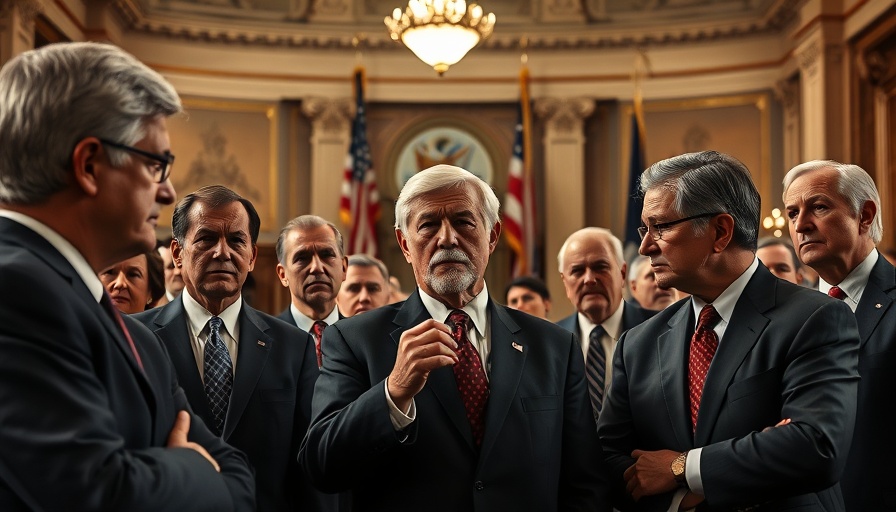
Unmasking the Impact of AI on the Music Industry
The world of music is experiencing a revolution with the advent of artificial intelligence, and Austin filmmaker Phil Lybrand's documentary Destroy All Humans dives deep into this fascinating intersection. It explores the complexities and implications of AI-generated music, showcased through a fictional band, Hoverborg, which produces a cheeky homage to the 80s and 90s pop culture. But is this the future of music?
Understanding the Rise of AI in Music Creation
In recent years, AI has begun to change not just how music is produced, but also who gets to define artistry and creativity. Lybrand's documentary sheds light on the remarkable ability of AI to generate music that mimics human creativity but lacks the emotional depth that comes from personal experience. As we navigate this brave new world, it raises essential questions about authenticity and the human touch in music.
Why Austin Should Pay Attention
Austin, known for its vibrant music scene, stands at the forefront of this technology-driven transformation. As local community members enjoy live performances and discover new artists, it's crucial to understand how AI music could influence the way we experience local talent. Could AI-generated music compete with our beloved local musicians? Or could it serve as a unique complement?
The Appeal of the AI-Generated Experience
Lybrand emphasizes that the documentary isn’t simply a celebration of technology; it presents a critical view of the moral quandaries surrounding AI’s role in music. As families and students in the Austin community savor their unique indie music experiences, they must also consider the allure and ethical ramifications of listening to computer-generated songs. Will listeners be able to distinguish between what is human-made and what is created by algorithms?
Creating Community Conversations About Music and Technology
This documentary invites discussions within Austin neighborhoods about the ongoing changes in music production. As engaged residents, families, educators, and students come together, it’s an excellent opportunity for community members to explore local events, discussions, or even workshops that delve deeper into the implications of AI in creative fields. Connections can be formed across different demographics, ensuring everyone in Austin has a voice in this evolving narrative.
Future Predictions: AI in Music and Beyond
The trajectory of AI in music suggests that the landscape will continue changing. As educational institutions in Austin adapt to teach new technologies, students and professionals alike may meld traditional music-making with AI capabilities. This shift could foster a new generation of musicians who utilize AI as a tool rather than a replacement, ensuring that the emotional connector of music – the shared human experience – remains intact.
Considering the blend of art and technology invites a broader dialogue about creativity itself. As readers connected to the energy of the Austin community digest these insights, they can reflect on how AI-generated music could shape their cultural experiences.
Lybrand's Destroy All Humans ultimately compels audiences to recognize the value of human creativity in an age of increasing technological capabilities. The conversations it sparks can lead to a deeper understanding and appreciation for music—whether generated by human hands or AI algorithms.
So, the next time you enjoy a tune, ask yourself: Who really made this music? Engaging with local stories about AI in music will enhance your appreciation and understanding of its ongoing evolution within the Austin community.
Join the conversation! How do you feel about AI in music? Share your thoughts at the upcoming community event!
 Add Row
Add Row  Add
Add 



Write A Comment